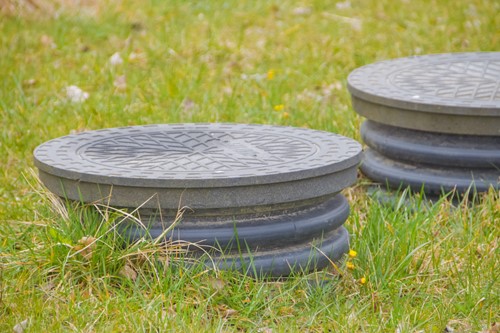Septic Systems
While most residences are connected to the public sewer system, some have on-site treatment. If your residence is connected to a septic system instead of a public sanitary system, you have the opportunity and responsibility to operate and maintain your own septic system. A properly maintained septic system positively influences the quality of our local water resources. If your septic system is properly designed, built, and maintained, it can effectively treat your household wastewater, save you money, and keep our local water clean for many years. If a septic system is not properly maintained, a lot of costly damage could be done.
A septic system is not the same as a municipal sewer system. Septic systems have a limited life expectancy that can be shortened by not monitoring and properly maintaining it.
What’s the issue?
A malfunctioning septic system can…
– Cost thousands of dollars to replace or repair
– Make selling your home very difficult
– Lower your property value or pose legal liability
– Spread infection and disease
– Contaminate groundwater that might be a source of drinking water
– Pollute nearby lakes, rivers, and streams
What happens when pollutants reach our waterways?
Once in groundwater, bacteria from septic tank effluent have been observed to survive for considerable lengths of time (over 60 days) and travel beyond 100 feet.
High counts of bacteria such as E. coli in our waterways increase the risk of exposure to pathogens that can cause illness, making recreational activities such as swimming and fishing unsafe.
What can I do to help?
– Inspect and pump septic systems. Keeping up-to-date on a system’s inspection and pumping schedule can help keep the system functioning longer and better.
– Use water efficiently. Excessive water use is one of the most common causes of septic system failure, so reducing water used for bathing, laundry, and flushing the toilet can greatly reduce the chances of system failure.
– Refrain from dumping household wastes down drains or into toilets. The materials that go down drains or into toilets have a big impact on how well a septic system functions.
– Care for the drainfield. The drainfield is an important part of a septic system and its proper maintenance is critical for effective treatment of wastewater.
For more information on septic systems, see the septic system maintenance booklet or visit Genesee Environmental Health.



